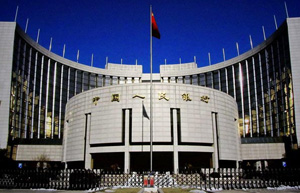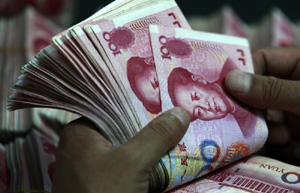Echoing Peng, Lu Ting, chief China economist with Bank of America Merrill Lynch, said, "The new government is determined to break away from the past mode of policy easing," featuring cuts to RRR or interest rates.
In a research note, Lu forecast that the government will roll out "targeted stimulus measures" which emphasize fiscal spending by the central government, reduce funding costs, especially for small borrowers, attract private capital, and ease restrictions in the property market.
Monetary policy is already being finetuned and the words of Premier Li "do not suggest significantly more aggressive moves such as RRR cuts or rate cuts," Lu added.
The "targeted" measures are expected to take effect soon. The PBOC disbursed 100 billion yuan (about $16 billion) through its re-lending facility to the China Development Bank in April for the renovation of shantytowns.
"If we assume the PBOC maintains this monthly disbursement in May and June, it will have injected about 400 billion yuan into the economy via its re-lending facility," according to a research note of
However, some economists are calling for aggressive easing measures, saying only a RRR cut would have substantial effect. Lu Zhengwei, chief economist of Industrial Bank, said interest rates for both the monetary and bond market are too high when taking the need for fostering economic growth. "All those open market operation tools, including reverse repo, short-term lending facility, short-term liquidity operations, re-lending, are only like squeezing toothpaste. They are too weak and not going to ease market anxieties," he added.
|
 |
 |
| Central bank in a monetary dilemma | Money market funds must come under controls |
